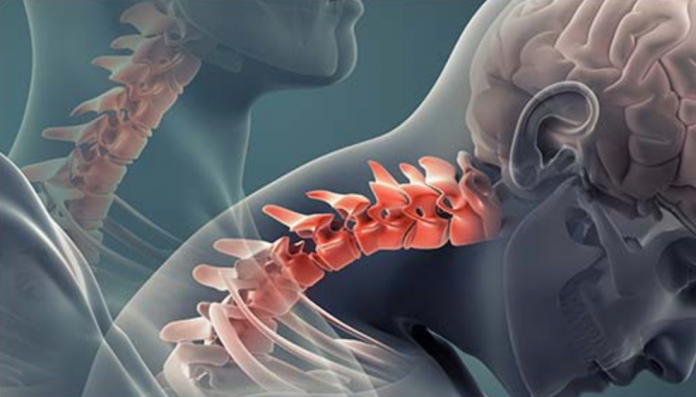Car accidents can be hugely stressful. This is only amplified if you sustain an injury, adding physical complications to what could be significant emotional distress.
Whiplash is the most common type of injury you’re likely to suffer in a car accident. This is because it can be sustained in serious accidents, as well as the seemingly minor rear-end collisions that often don’t even result in damage to the cars involved.
So what should you do if you’ve suffered this common car accident injury?
What is whiplash?
Whiplash is an injury that mainly affects the soft tissues in the neck area. As it is caused by the head suddenly being jerked forwards, backwards or sideways, it is most often caused by car accidents. It happens when the neck’s soft tissues are stretched and damaged.
Car occupants whose head restraints are too far away from the head are more susceptible to whiplash. Indeed, experts recommend a distance of no more than 5cm between the head and the restraint.
Although most think of whiplash as purely a neck injury, it can also affect the head, shoulders, arms and spine. It can also be caused by a blow to the head – such as those sustained in sports like boxing or martial arts – or a fall.
Symptoms of whiplash
After an accident, you may not know you’ve suffered from whiplash for a number of hours. Many may not even experience any symptoms for a few days. When you do notice symptoms, they could include:
- Neck pain
- Neck and/or spine stiffness
- Headaches
- Tenderness around the neck, shoulders and spine
- Muscle spasms
- Dizziness
Among the less common symptoms is difficulty swallowing, pins and needles in the arms and hands, blurred vision, tiredness, memory loss and poor concentration.
These symptoms are usually worse the day after the accident – so don’t assume you’re fine if you don’t feel anything immediately after it happens. These symptoms may continue to get worse as the days go on.
Treating whiplash
Once you suspect whiplash, you should make sure you visit your GP. They’ll likely examine your head and neck and check the range of movement your neck is capable of. Their treatment will depend on the severity of your injury.
Most cases of whiplash will get better after some basic treatment, including maintaining mobility in your neck. Contrary to what a number of people think, whiplash is best treated by carrying out your normal activities rather than keeping your neck immobile in a brace or collar. According to the Mayo Clinic, rest may be helpful during the first 24 hours, but too much of it could delay your recovery.
More severe cases of whiplash can be treated by physiotherapy and prescribed painkillers. If it takes you a long time to recover after these treatments, see your doctor again. They could refer you for specialist treatment.
If you’ve suffered from whiplash previously, it’s a good idea to keep doing neck strengthening exercises to give yourself the best chance of avoiding another serious injury in the future.





